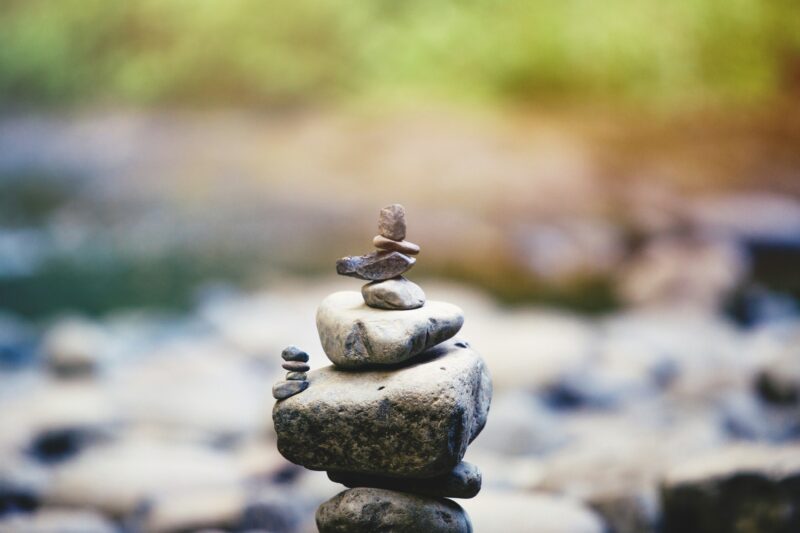
Early recovery is a time of immense change. You’re managing cravings and rediscovering yourself without substances. Social interactions, once a central part of your life, can now feel like a minefield. You might long for the connection and support of friends while simultaneously feeling overwhelmed by crowded places or triggering conversations.
There’s no one-size-fits-all answer to navigating social situations in recovery. It’s about finding the balance between being a social butterfly and embracing the power of solo recharge.
The Challenge of Socializing in Recovery
There’s no denying that social situations can be tricky in early recovery. Here’s why:
Triggers: Social settings sometimes involve alcohol or drugs. Seeing others drink or use can be a powerful trigger, reminding you of past habits and intensifying cravings.
Peer pressure: Even in seemingly harmless environments, you might feel subtle pressure to drink or use. Understanding your triggers and having a clear exit strategy is crucial.
Emotional vulnerability: Early recovery can be emotionally raw. Packed spaces and large groups can feel overwhelming, making you crave solitude to process your feelings.
Fear of judgment: You might worry about being judged for your past or your commitment to recovery. It’s important to remember that true friends will support your journey.
The Importance of Connection
While some level of solitude is essential, complete isolation isn’t the answer. Here’s why social connection matters in recovery:
Support system: Building a solid recovery network is vital. Surrounding yourself with positive, supportive people who understand your struggles can be incredibly empowering.
Sense of belonging: Feeling accepted and understood can combat the loneliness often accompanying addiction. Finding friends who share your values and support your recovery journey is critical.
Accountability: Having people who hold you accountable can be a powerful motivator. Sharing your challenges can help you stay on track and celebrate your successes.
Learning and growth: Social interaction helps you develop healthy coping mechanisms and communication skills. You learn to navigate social situations without relying on substances.
Finding Your Balance: A Guide for Social Navigation
Here’s how you can strike the right balance between socializing and self-care:
Listen to your body: Are you feeling energized and ready to connect, or do you need some quiet time for introspection? Honor your needs and get comfortable saying no to invitations when you need a recharge.
Choose your settings wisely: Coffee shops, hiking trails, or recovery support group meetings can be great options. Avoid high-pressure environments like bars or parties.
Communicate your boundaries: Let your friends know you’re in recovery and your comfort levels. Ask them not to pressure you to drink or use.
Practice assertive communication: Saying no to drinks or leaving an uncomfortable situation takes courage, but it’s your right to ensure your boundaries are respected.
Develop healthy coping mechanisms: Replace old habits with healthy ways to deal with stress or social anxiety. Deep breathing exercises, journaling, or time in nature can be helpful. For instance, when you feel overwhelmed in a social setting, you can excuse yourself and take a few deep breaths outside to help you regain your composure and then get back to socializing in a healthier way.
Your well-being is paramount. Prioritize activities that nurture your well-being. This could include exercise, meditation, getting enough sleep, or pursuing hobbies you enjoy. Taking care of yourself is not a luxury; it’s a necessity that will equip you to navigate social situations confidently.
Recovery is a journey, not a destination. There will be bumps along the road, but each one is an opportunity for growth. Be patient with yourself, celebrate your victories, and embrace the power of both social connection and solo recharge. With each step, you’re moving forward on your journey to wellness.
Your journey toward recovery and sobriety begins at Beachside Rehab in West Palm Beach, Florida. We offer comprehensive, holistic inpatient and outpatient detox and drug and alcohol rehab. Please call 866-349-1770 to speak with one of our trained admissions counselors.
